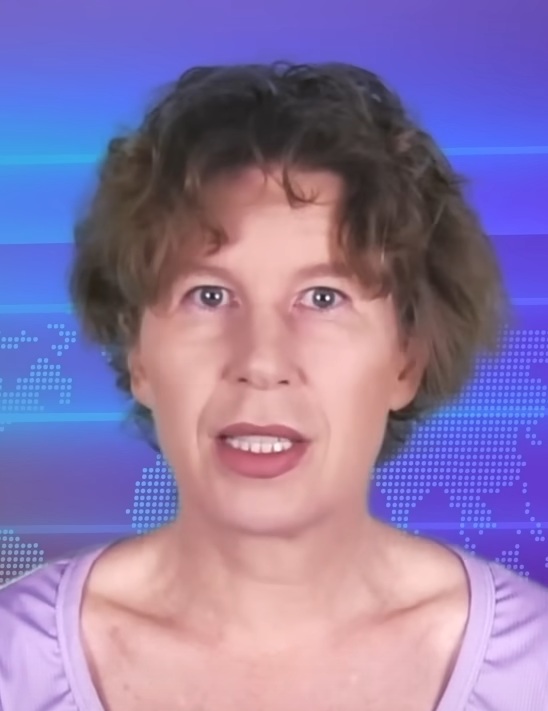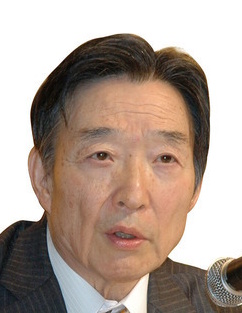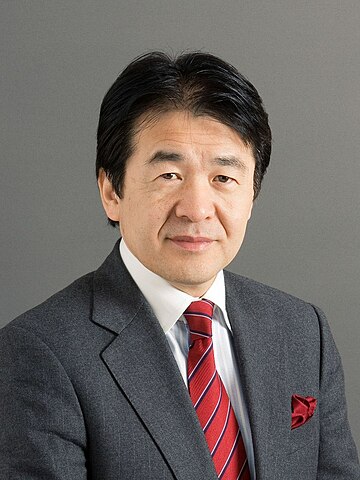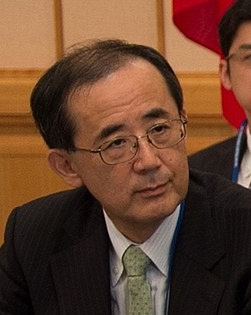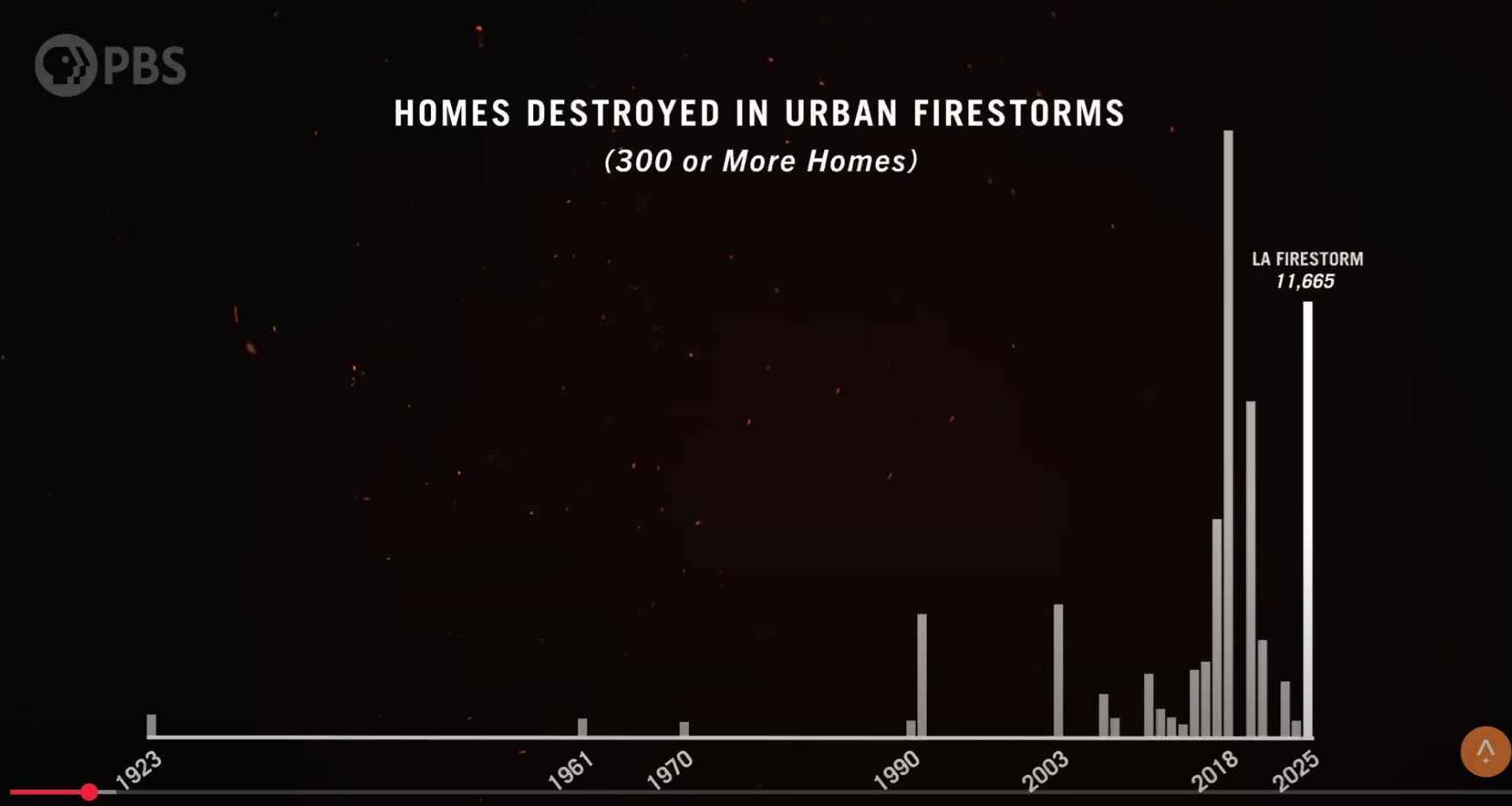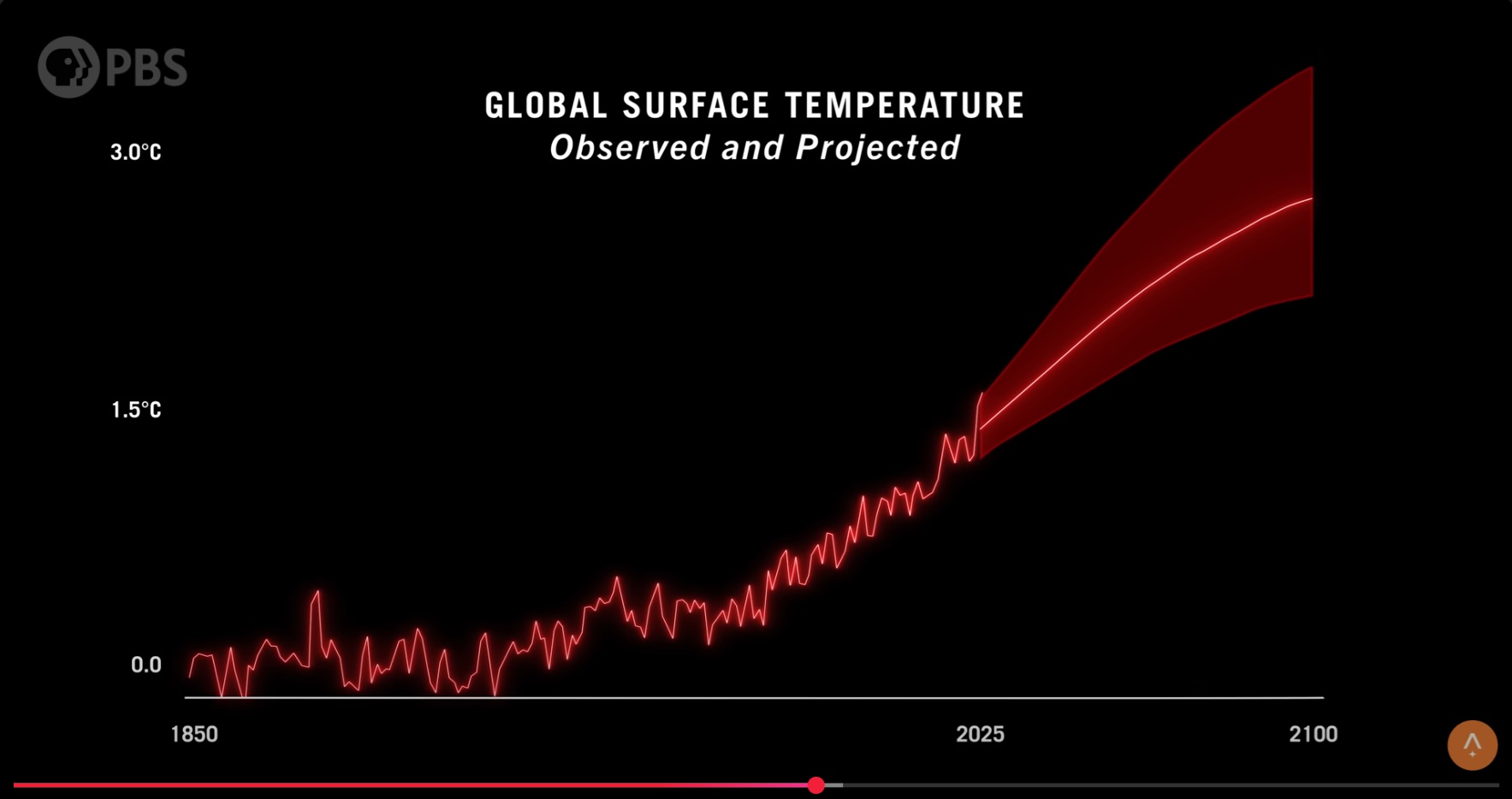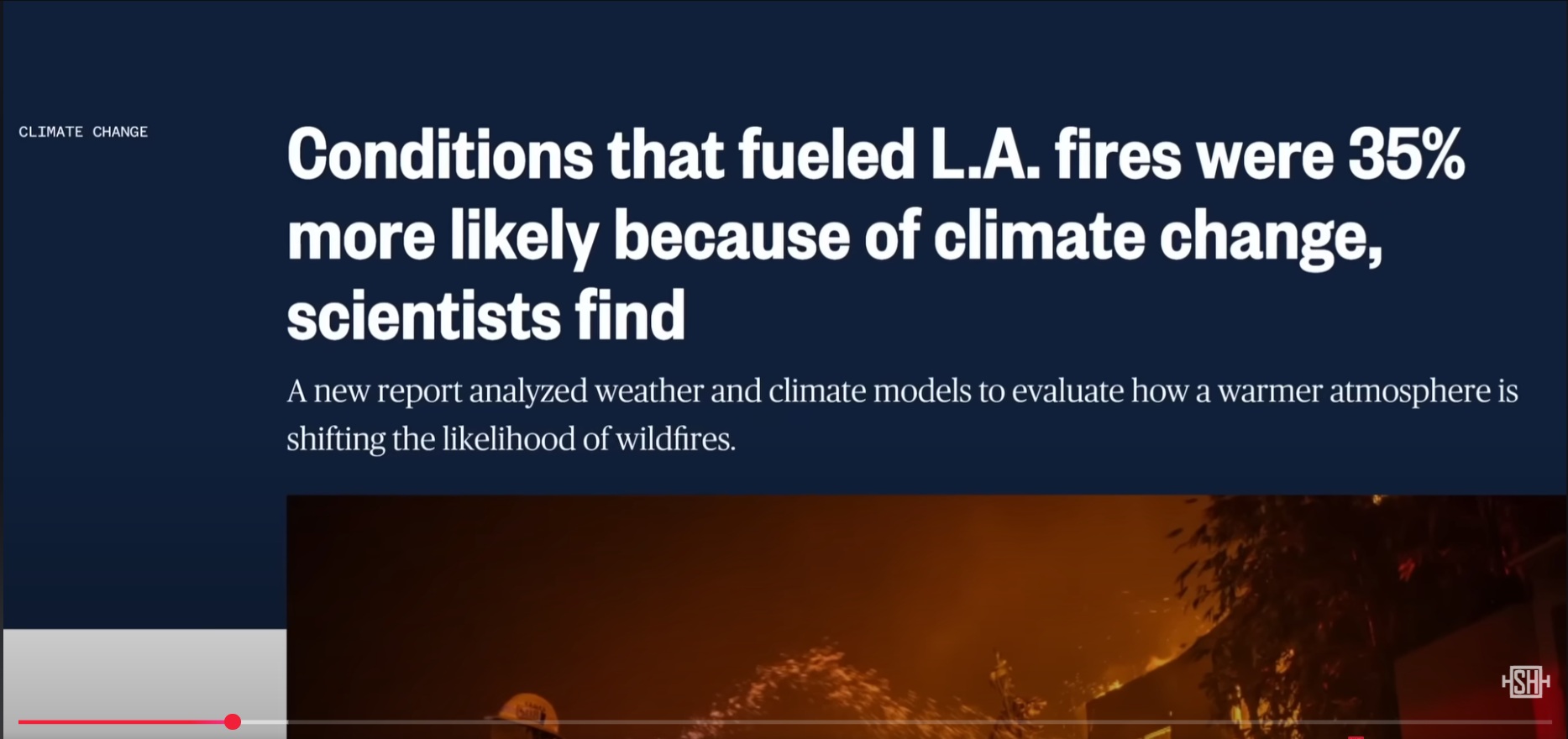| Economic Context |
Developed his ideas during the Great Depression, when markets failed to self-correct, leading to mass unemployment and economic stagnation.
|
Developed his ideas during the mid-20th century, particularly in response to stagflation (high inflation and unemployment) and perceived failures of Keynesian policies.
|
| Philosophy |
Believed markets could fail and remain in disequilibrium for extended periods, requiring active government intervention to stabilize the economy.
|
Believed markets are inherently efficient and self-correcting, and that government intervention often causes more harm than good.
|
| Focus |
Emphasized aggregate demand as the key driver of economic activity and focused on short-term stabilization through fiscal policy (e.g., government spending and tax cuts).
|
Emphasized the role of the money supply in controlling inflation and focused on long-term economic stability through monetary policy (e.g., central bank actions).
|
| Methodology |
Used a macroeconomic approach, focusing on the economy as a whole and the interplay of aggregate variables like demand, employment, and output.
|
Focused on microeconomic foundations, analyzing individual behavior and its impact on broader economic outcomes, with an emphasis on empirical data.
|
| Influence |
His work was shaped by the failures of laissez-faire economics during the Great Depression, leading to his advocacy for government intervention to address systemic issues.
|
His work was shaped by the failures of Keynesian policies during the stagflation era, leading to his emphasis on free markets and the dangers of excessive government control.
|


